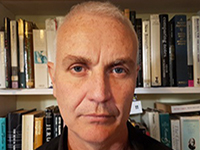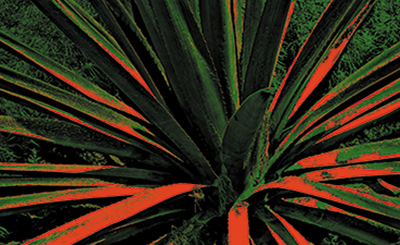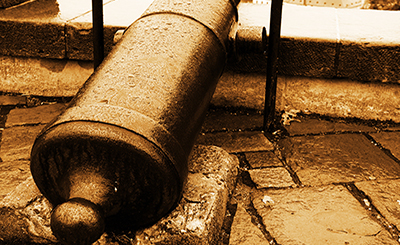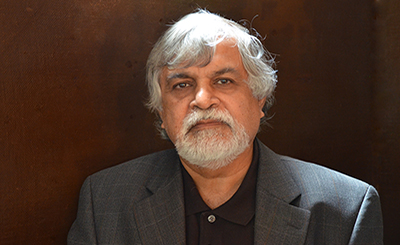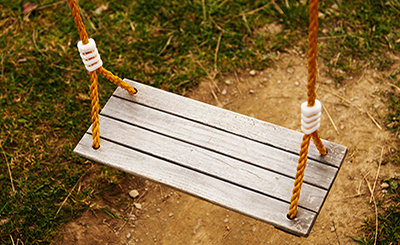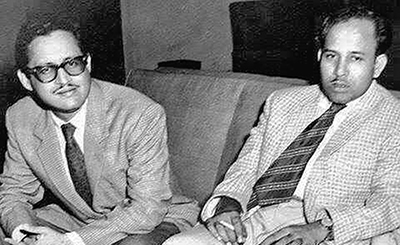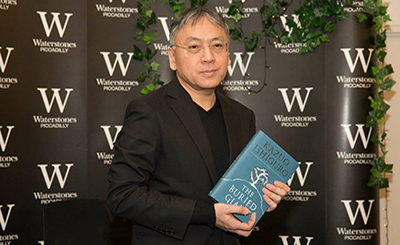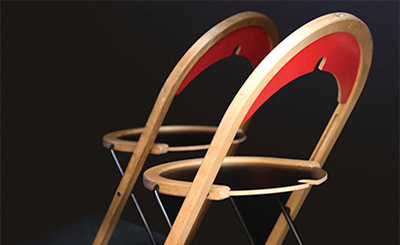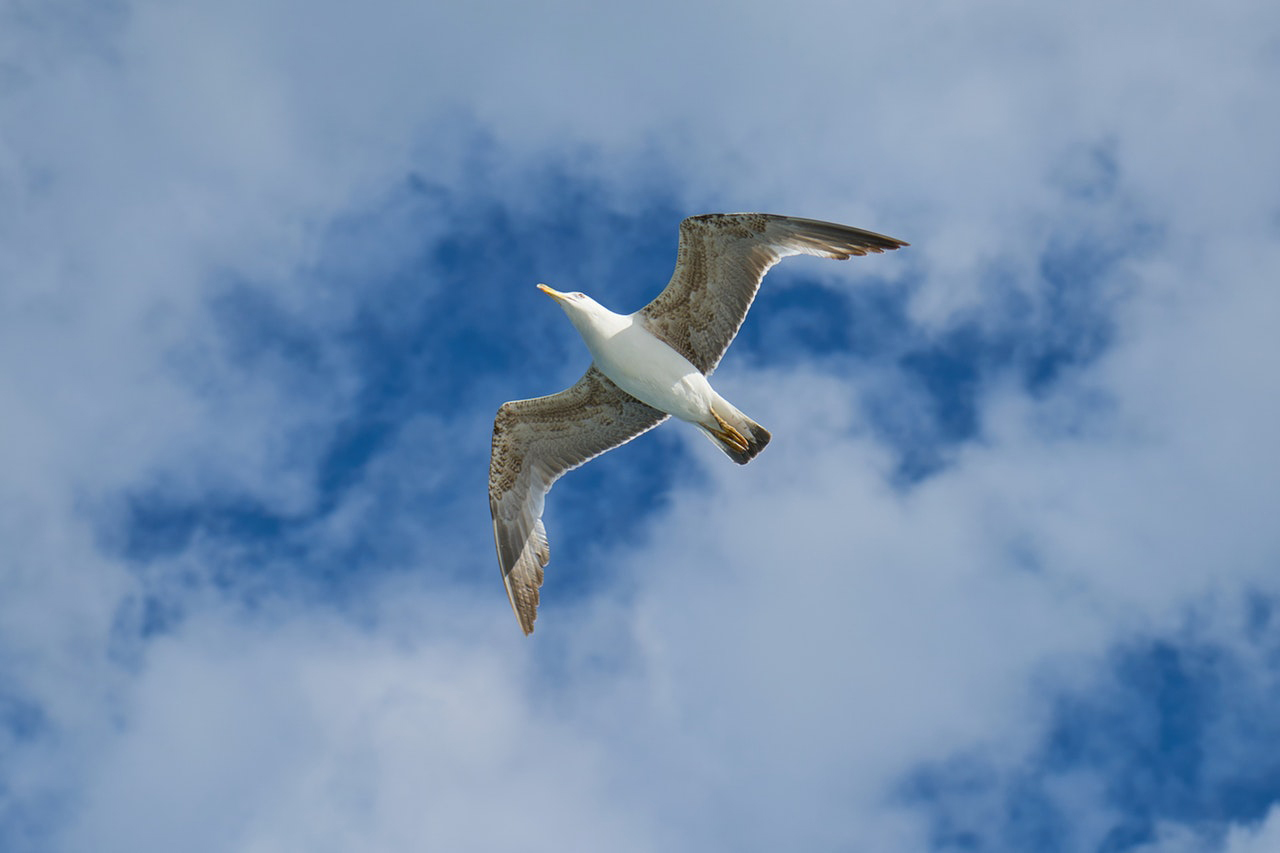
In 1299, Pope Boniface VIII sent an emissary to all the great painters of Rome and Florence. Giotto dipped a brush in red paint and, in a single movement, drew a perfect circle, saying, “Here is your drawing.” He won the commission. Set in the present, The Emissary tells the story of one man’s obsession with this moment, which he uses as a prism to explore his failures — as a husband, as a father, as a friend, as an artist and as a man. Pushing the boundaries of form, The Emissary is an audacious new work by the author of The Coffee Story. It is brought to you as part of World Poetry/Prose Portfolio [WPP], curated by poet Sudeep Sen
Let me tell you story. (The theme is salvation.)
On the sixteenth of August, 1299 (the feast day of Joachim, the father of Mary (blessings be upon her), Pope Boniface VIII (blessings be upon him), summoned with the wave of his gloved (left) hand (plump rings on plump fingers, inside the glove, causing the (dark) red velvet to bulge (taut, the dark red (these are jewels, this is wealth)), sent (then) a servant to find an emissary; lifted (it is the afternoon) his heavy, bejewelled hand (gloved in red (papal)), invested (this hand, this gesture) with the authority of a pope, of the Pope, of this pope (Boniface VIII (1294–1303)), heavy (this hand (also this heart)) with the responsibilities of the papacy, heavy with the weight of history (and what weight (thinks Boniface (not now)) is heavier than the weight of history (sitting, invisible, behind (beneath?) this skein of being (check ‘skein’))) heavy (this hand) with jewels also, gold and diamonds, topaz, amethyst – jewels (check catalogue) ‘aspiring to the glint and schist of (Venetian?) glass’ (two workmen (their smocks grey with dust (remembers Boniface (not now)), another time (when?), set down a fragment of stained glass against a wall in the corner, showing the lower leg of Christ, the upturned face of Mary, blessings be upon her), sent with a wave of this (left) hand (his other hand, right, also gloved, also weighted with gold, diamonds, topaz, amethyst, also heavy (responsibility, history), resting (heavily) on the arm of his throne (cathedra), the chair of Peter, gold, red velvet)), his servant (slight, clean-shaven, young) Filippo, to find him an emissary.
It is a bright blue day (cloudless or with (at most) a hint of cloud (touches of white that make the blue more blue)), and the sun (a distant yellow dot of heat) throws a yellow light on the travertine stone of the Lateran basilica (I have not been there, but I have in front of me (had in front of me, I have returned it to the drawer on the left hand pillar of the desk (the desk drawers have oval handles, gold, and the looped oval catch drops snugly back into place as I close it (I find this satisfying, and lift and drop oval into oval as I pause to think (it is not thinking it is waiting (for thought))) a postcard that Alessandro sent, washed (the picture that makes up the postcard) in 1950s light (the blues are light blue, the yellows light yellow), showing the Lateran, fat and white in the sun (Alessandro took his new wife there last summer (or the summer before), she is a filly and I intend to tame her, he said (in a scrawled ps on the back of the postcard (I drop the looped oval catch, I slide the drawer back into place and re-read the ps she is a filly and I intend to tame her (is this a secret from her or was she standing behind him as he wrote it (is it a joke they share, does she champ at an imaginary bridle then submit? (standing behind him, but visible in the mirror before him, she snorts and her (horse) flesh shudders (as under the quirt))?, behind him with one hand inside his permanently open shirt (her long legs, sunshine, citrus –in a spacious, well-lit room (Hockney), enveloped in the warmth of their wealth (his from art, hers from family (and a first husband) coming together (at the altar, I will I will) to provide this luxury; an ocean view) the other holding aloft a (clove) cigarette?) and (the postcard) crinkled (by the sun?)); also (now, as I write) before me (affixed to the wall with a different coloured pin on each corner (clockwise from top right red yellow blue yellow)) a tourist map of Lateran (around the border fat hand-drawn advertisements for (top to bottom) hotels, jewellers, restaurants, nightclubs, taxi companies — each with a number corresponding to a number on the map, number 12 the best pizza in town; 14 best haircuts per le signore e signori; 9, 11 and 17, best sellers of devotional objects (rosaries, candles, Lourdes water, pope magnets, pope keyrings, pope-on-a-rope), with (bottom left) the apostolic palace drawn as a child would draw it (you, Rebecca, with your tongue poking from the corner of your mouth (you took a photograph of it, Ann, fixing it as an image, killing it as a memory (I said at the time))), it (the Apostolic Palace) listed under Places to See (The Top Thirty Things to do in the Lateran), likewise the Stanze di Raffaelo; likewise the Monument to Alexander VII (‘by the famous Italian sculptor Bernini (1598-1680))’; likewise the Roman Necropolis)) and the yellow light of the sun comes through the window in a block (a square of sun pressed (thinks Boniface (he is near to sleep and allows his thoughts to run)) into shape (this block of yellow) by the hands of God, onto the red walls, onto the red papal vestments), everything in this room (thinks Boniface) is yellow (the light of the sun, the candlesticks, the gold trim on red cushions, the papal staff) or red (the walls, the papal vestments, the cushions (gold trimmed), the robe of a single servant (Filippo), standing the pope’s (Boniface’s) right hand side (Boniface sits on a golden cathedra, trimmed in red and yellow (brocade)), everything yellow and red (there is also some black).
(The light here is yellow too, and I am drawing on it for my depiction. Dust motes gleam, waft and settle.)
Tired (he does not sleep well), Boniface is washed in yellow light, his healthy brown (red) Italian skin made sickly (like Tuscan red, like the bricks of the Lateran Palace (where you grandfather, Alessandro, sheltered during the war, listening to the pfft pfft pfft of the Fascist bullets in the distance)) by the yellow (of the sun), and when he raises his hand (heavy, gloved, bejewelled) the servant (Filippo (we know his name, the pope does not (necessarily (he may or may not, I don’t know (I think not))))) who has been standing (silently) beside the throne of the pope since dawn (as he does every day) scurries away, this man, the servant (of Boniface, of God) knows what this gesture (the raising of the gloved left hand) means – he has (standing there, shifting his weight from one foot to the other, wiggling the toes of his left foot and then his right, as he was taught to do (to keep the blood flowing) by the man who preceded him (retired)) watched (standing there (silently)) the solid block of yellow light revolve from the left wall, across the floor, and now to the right, the room a clock (as the universe is a clock), all day (since dawn (or slightly after, the Pope pauses outside the door to watch the sun crest the horizon through the east window (Filippo standing three steps behind him, watching the Pope watch the sun (dust motes around his head gleam, waft and settle, forming an aureole around his (balding) head (Filippo watches from behind) giving him the appearance (thinks Filippo (standing, watching)) of a saint (he (Boniface) may not be able to see the sun crest the window from the east window, perhaps the city is too built up (in 1299), perhaps the rises unseen (unseeable) over houses and towers (I don’t know))) before he (Boniface) enters this room and takes his seat (he has watched the sun crest, there are no houses or towers (I have decided))); the pope has been sitting here (motionless), the servant beside him (motionless (except his toes which he wiggles (first left then right (always)) to keep the blood flowing)), the pope (despite his age) sitting upright (his shoulders pressed against the back of his chair, as his mother taught him to sit (when he sits like this (he always sits like this) he thinks ‘as my mother taught me to sit’ (she is dead))) the servant stooped (slightly) in submission to papal power (this he was not taught), watching (the pope watching, the servant watching) the block of yellow light rotate through the room; then at three o’clock (or a couple of minutes past, the clock is crude, time is soft, the Pope raises his hand (heavy, bejewelled) and the servant knows what this means, and (without pausing; in an instant; right then) scurries away, scurries towards the door, the Pope keeps his hand raised until the servant (scurrying) gets to the door (opens it, passes through, closes it) and then lowers it (his hand) slowly, to rest on the other arm of the throne.
(They (Boniface and Filippo) never speak, as two men of such different backgrounds (law; agriculture), of such different stations (pope; servant of the pope), of such incompatible intellects (educated; uneducated), should not speak (Filippo dreams at night of speaking to the pope (the pope is as big as the basilica) the pope never dreams of Filippo (why should he?)).)
The sun is hot (this day) and gives a yellow light to the clear window before Boniface and Boniface (before during and after the gesture (it is about three o’clock)) is drowsy, as he gets in the afternoon (now at about three o’clock, although sometimes earlier (he rises early (and always has))) and the gesture (the raising of the hand, the summoning) is limpid, lazy even (his hand is heavy with jewels), barely a gesture, barely a raising of his hand (perhaps it was not even a gesture, perhaps he simply raised his hand without the implication of a gesture (he has been sitting here for hours, has the right to raise his hands (he has his main meal at noon, always has (this is when he ate as a child, between lessons (his father may have told him that this is the correct time to eat, that the height of the sun is an aid to digestion (he cannot remember, but he hears his father’s voice saying this, Benedetto, you shall eat at noon as this is an aid to digestion (it may be that his father did not say this, but only, you shall finish your first lessons at twelve as this is an aid to study)))) after which (the meal) shall be, Benedetto (his mother collecting the plates with her thin and sere hands) a time of rest and contemplation, lest (he remembers his father (possibly) saying ‘lest’) those things that you find in your books become only words; one must (his father says (Boniface thinks)) later take the time for contemplation, for thought, proper thought, to digest (there it is) the words as one might digest one’s lunch) and so on this day (now, the sixteenth of August, 1299 (seven hundred years ago)) Boniface has eaten and then (as he was taught (he thinks)) given himself over to contemplation (old as he is) and a little sleep (old as he is), while his servant (Filippo) stands at the doorway (awaiting (perhaps) a gesture) looking on (Filippo does not ‘look on’ but keeps his eyes fixed against the fragment of stained glass against a wall in the corner (showing the lower leg of Christ, the upturned face of Mary, blessings be upon her) waiting (or not)); and so (perhaps) when Boniface raises his hand (gloved) it is simply because he is jerking awake or, if already awake (he is not sure himself if he is awake or asleep (it is possible to be both (thinks Boniface)), stretching, but now (just after three o’clock (he thinks)) this gesture has come to mean (has always meant, he now believes) that his servant (Filippo) should go (immediately (as his gloved hand reaches its highest point, or as it falls back to the arm of his chair)) and find an emissary, and Filippo (who does not contemplate the leg of Christ, nor digest its meaning (he merely looks at it (he loves it)) seeing this gesture (he is not looking at the pope, he does not need to)) knows (immediately) that this gesture (if it is a gesture (it is now a gesture)) means find me an emissary (he has not (perhaps) seen this gesture before, but he would (he knows) be a poor servant if he did not know that it means find me an emissary (even if it didn’t (it does now)) and so he (Filippo) turns immediately (as Boniface’s gloved hand reaches its highest point, or as it falls back to the arm of his chair) and leaves the room (to find an emissary (Filippo does not know the word emissary (he does not need to))) so that when Boniface opens his eyes (whether from sleep or not) Filippo (he does not know his name is Filippo) is gone (perhaps (thinks Boniface) he has been gone for hours (he never looks at Filippo), perhaps he (Boniface) did not (thinks Boniface) raise his left arm in a gesture which might have (or might not have) meant find me an emissary, perhaps he merely dreamed it (old as he is) or perhaps he made the gesture hours ago, before he slept (in which case where is his servant and why is he taking so long?) or perhaps he made this gesture (he is sure it was a gesture (it had meaning (it meant find me an emissary (he thinks)))) another day (yesterday or years ago) and his servant has already found an emissary, perhaps he (Boniface) has already greeted this emissary and sent him away (to do what?), he (as pope) meets so many people (kings, ambassadors, the sick, the cured, a Chinaman once) that perhaps he has (yesterday or years ago) met this emissary, met him and discussed with him the task at hand (is there a task at hand (something urgent?)), has debated with him how best it be carried out (or just told him what is to be done (depending on the status of the emissary (depending on the clarity of the mission (what mission?)))) and sent him away; or perhaps his servant left (hours ago, days ago) and has never come back, perhaps they are all leaving now, perhaps it has begun, the end.
Comments
*Comments will be moderated



